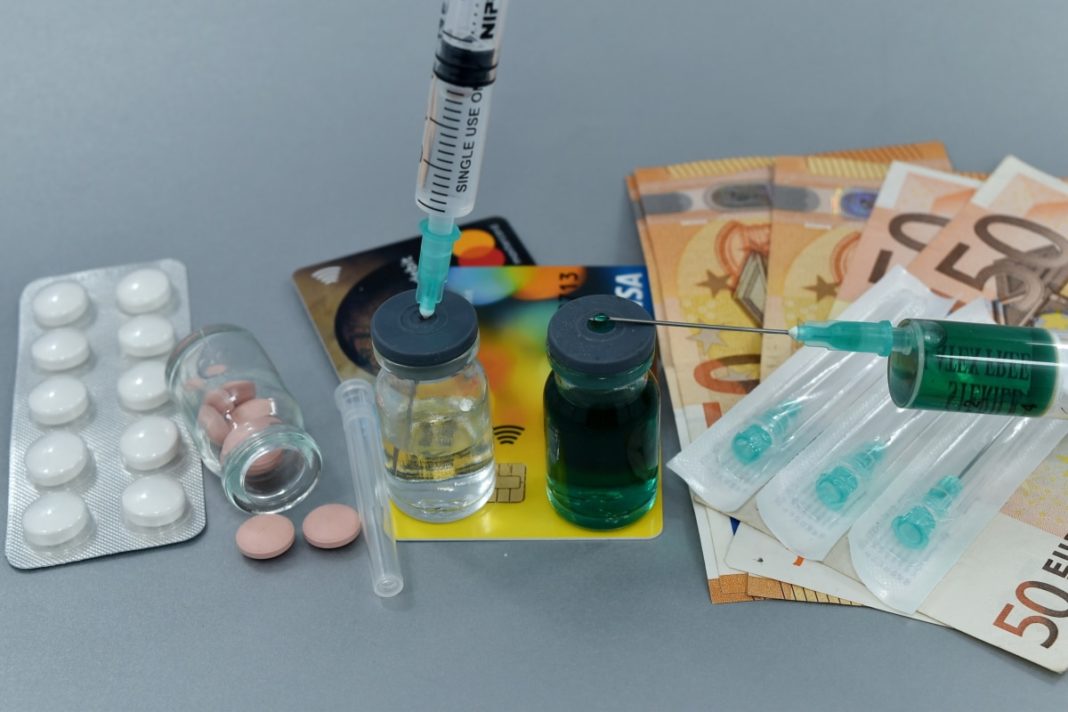Soumya Swaminathan said such vaccines could have advantages over the current crop as they would be easier to deliver than injections and could even be self-administered.
Ms Swaminathan said there were 129 different candidate vaccines that have got as far as clinical trials – being tested on humans – while a further 194 are not yet that advanced in their development and are still being worked on in laboratories.
“This covers the entire range of technologies,” she told a live interaction on WHO social media channels.
“They’re still in development. I’m sure some of them will prove to be very safe and efficacious and others may not.
“There could be advantages to some of the second-generation vaccines… clearly if you have an oral vaccine or an intra-nasal vaccine this is easier to deliver than an injectable.
“Ultimately we’ll be able to choose the ones that are most appropriate.
“If not for Covid, we’re going to use these platforms for other infections in the future.”
Ms Swaminathan explained the advantages of a vaccine being sprayed into the nose, as happens in some countries with influenza vaccines.
“If there’s a local immune response then it will take care of the virus before it even goes and establishes itself in the lungs and starts causing a problem,” she said.
The WHO has only given emergency use authorisation to seven Covid-19 vaccines: those created by Pfizer/BioNTech, Moderna, AstraZeneca, Johnson & Johnson, Sinopharm, Sinovac and last week Bharat Biotech.
According to rte.ie















